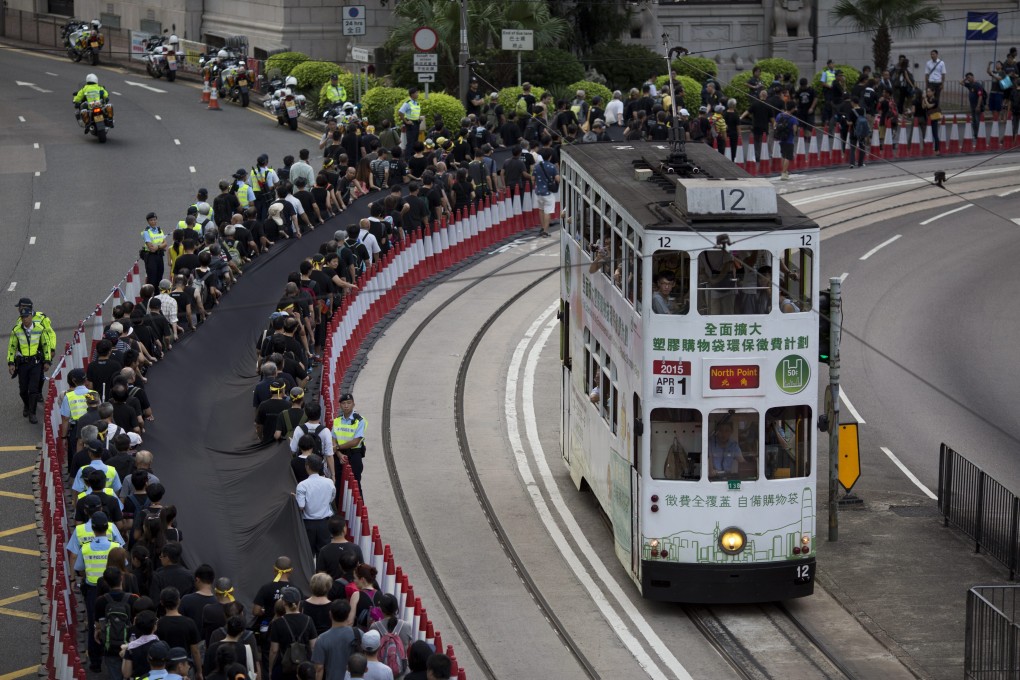Central is not Tiananmen, thankfully
Sun Xi says this city of business is no Beijing, the political heart of China

It's debatable whether the ongoing five-day class boycott by students in Hong Kong should be compared with the May Fourth Movement of 1919 in Beijing. However, the Occupy Central movement is a reminder to many, myself included, of the Tiananmen protests of 1989.
Undoubtedly, that incident has had a significant impact on most Hongkongers, especially through the annual candlelit vigils organised by the Hong Kong Alliance in Support of Patriotic Democratic Movements in China.
Occupy organiser Benny Tai Yiu-ting has suggested that the occupation of Central is "civil disobedience's deadliest weapon". I am not sure whether he is inspired by the Tiananmen incident, but he seems to have overlooked one fact: Hong Kong is a highly business-based society, quite different from the politically driven mainland.
Tiananmen Square is the power centre of mainland China, where political protests can easily gain not only global attention but also broad public sympathy. Unfortunately, Central is not Tiananmen; it is Hong Kong's business heart. The occupation of Central may well draw some global attention, but it has mainly provoked strong opposition from the business community, which wields much power and influence in Hong Kong.
Occupy Central therefore risks imperiling Hong Kong's economy and reputation. As a result, it jeopardises many people's jobs and livelihoods, while also offending business tycoons' interests. Six industrial organisations are now reportedly planning a "Protect Central" movement in response.
Of course, it is also a good thing that Hong Kong's Central is unlikely to be another Tiananmen, given the tragic events that unfolded on June 4, despite the apparent potential for violent conflict between the authorities and Occupy protesters.
